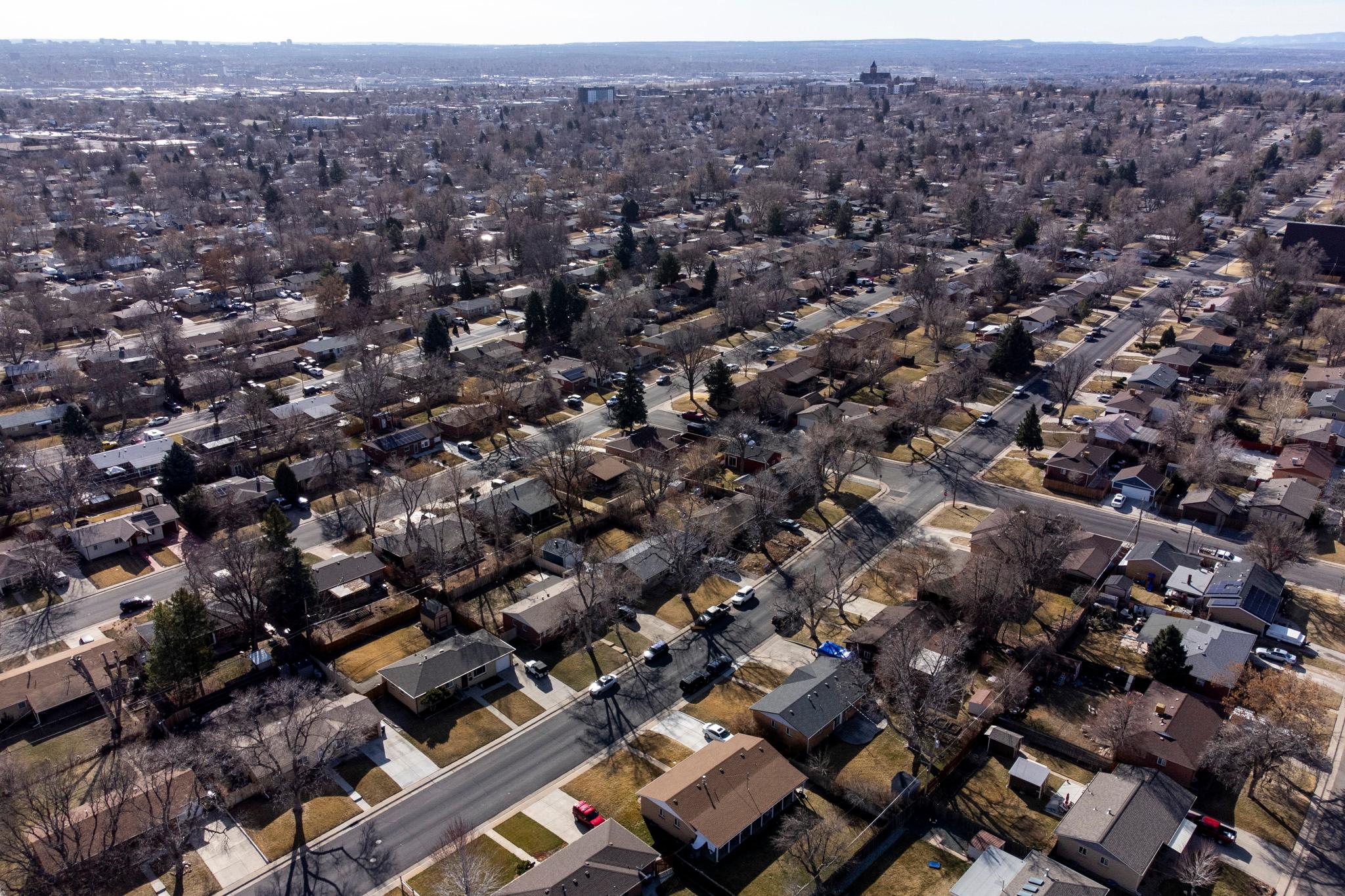Updated June 11, 2025.
The value of homes across Colorado stayed largely stable in recent years. But that won’t stop property tax bills from rising next year.
In fact, even a home that saw no change in value could see its bill increase by hundreds of dollars in 2026.
That will come as a surprise to many homeowners, who may expect that a slowing property market will give them some relief from years of rising taxes.
The rate is going up due to a long-term bipartisan deal on property taxes.
“I can’t believe this,” said Natalie Menten, a property tax guru and former RTD director. “This is truly shenanigans.”
But the lawmakers who set the tax rates said it’s part of a balanced approach that preserved funding for schools while avoiding even sharper increases. While rates are rising compared to the last couple years, the new rate is still lower than at almost any time in the state’s history.
Some homes could see a $300 hike.
The state's assessment rate — which is a big component in the property tax formula — is going back up.
In recent years, state lawmakers granted a variety of discounts on the assessment rate, a response to the pandemic spike in property tax bills. Those temporary discounts are partially expiring, and a permanent new rate is phasing in.
For example, take a $500,000 home in Denver.
With the discounts in 2024, it would have been taxed about $2,361.
In 2025, the same value will be taxed at $2,684, an increase of more than $300.
The exact effects will differ depending where a home is located, since local tax rates vary widely.
After this, property tax rates should remain relatively stable.
The rates will change one more time for tax year 2026, bringing bills back down by a bit. Those rates should then stay in place for years to come.
These new rates were established as part of a grand compromise between Democrats and Republicans in the statehouse, as well as a conservative group that has pressed for lower tax rates.
It could be worse for homeowners. If the legislature had done nothing, the assessment rates would have shot back up to the old rate from the early 2020s. That would have caused bills to increase by another $200 for the home in the example above.
The package also included some limits on how much local governments and schools could allow their tax revenues to rise.
Former Democratic state Sen. Chris Hansen, one of the architects behind the deal weren’t immediately available for comment on Tuesday. Michael Fields, a conservative who helped negotiate the rate, pointed out that a slowing property market would also help homeowners with their taxes.
The long, wild history of Colorado property taxes
Even with the changes, Colorado’s residential taxes are among the lowest in the nation.
That’s the result of the state’s Gallagher Amendment, which pushed rates down for decades until a successful bipartisan effort led to its repeal in 2020. The state’s low tax rates had left rural areas and schools struggling to pay bills, repeal advocates argued.
Without Gallagher, the state no longer had an automatic brake on residential taxes. That led to shocking increases, by more than 30 percent for many homeowners, as the market accelerated in the early 2020s.
The rate jumps spurred a complicated political war that lasted several years, resulting in several rounds of temporary rate cuts before a grand compromise was passed in a special session last year.
The compromise set a permanent residential rate that was not as low as the discounted rate, but also wasn’t as high as the old long-term rate. It also established lower permanent rates for commercial property owners, who have been paying much higher tax rates than homeowners for years.
Menten compared it to a comically small Band-Aid, saying that the state hasn’t done enough to tamp down tax rates and protect against future value spikes.
In contrast, many progressives have argued that Colorado homeowners have been paying too little, pointing out that renters have no such protections from rising property values.
Editor's note: This article was updated to correct Natalie Menten's former title. RTD's board has directors, not commissioners.













